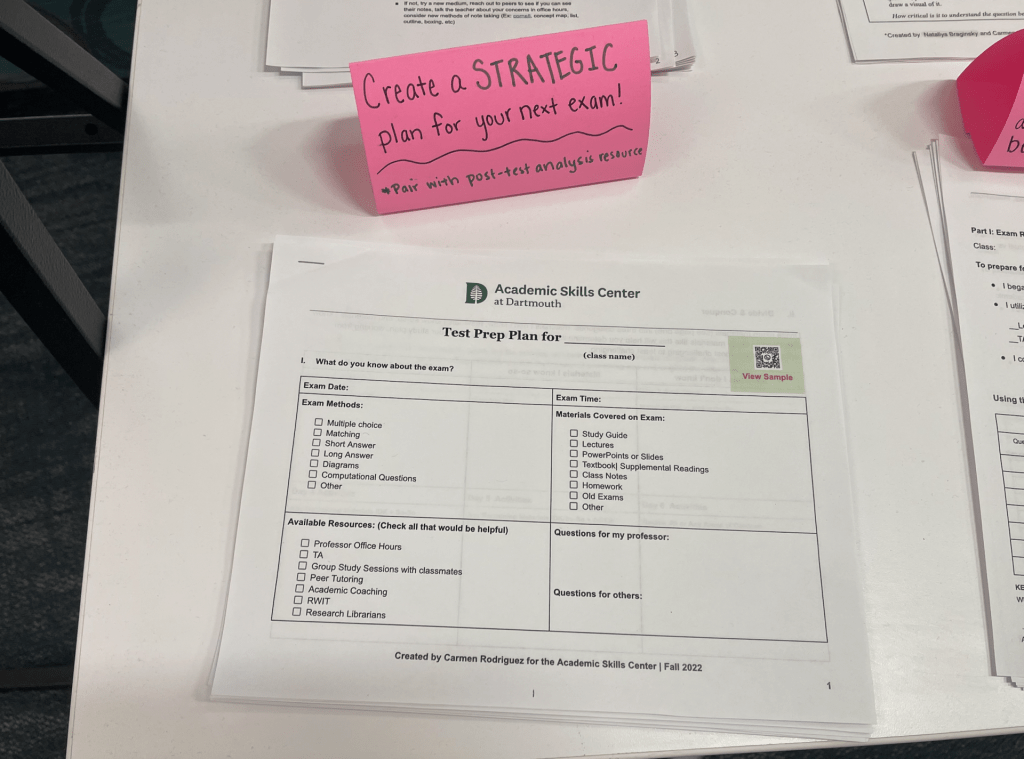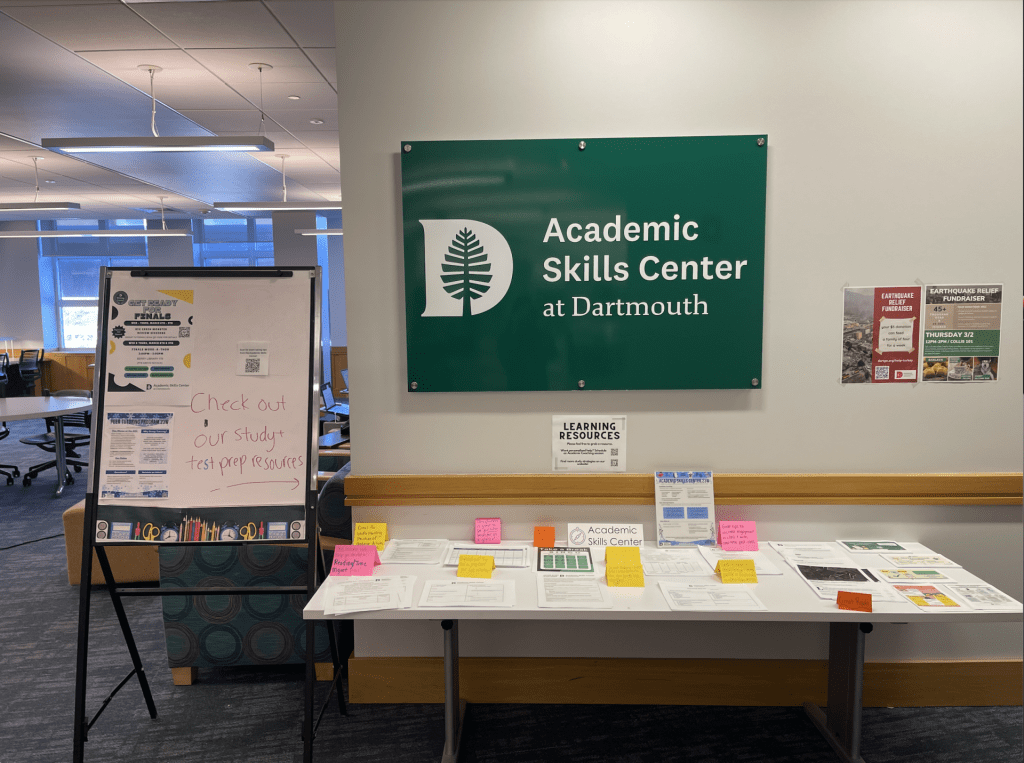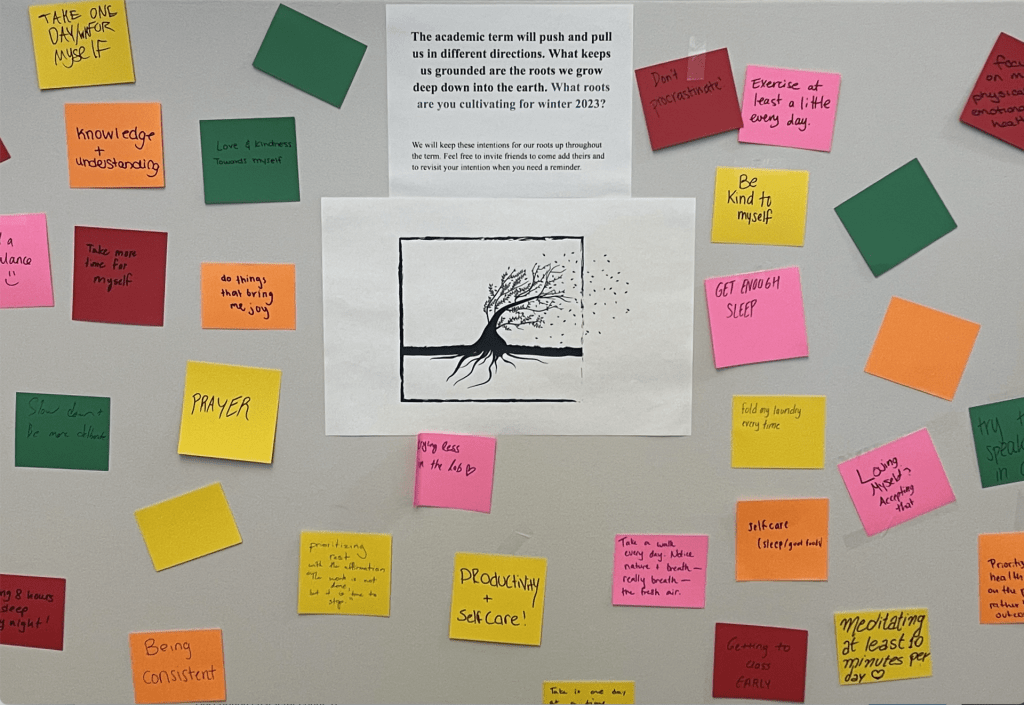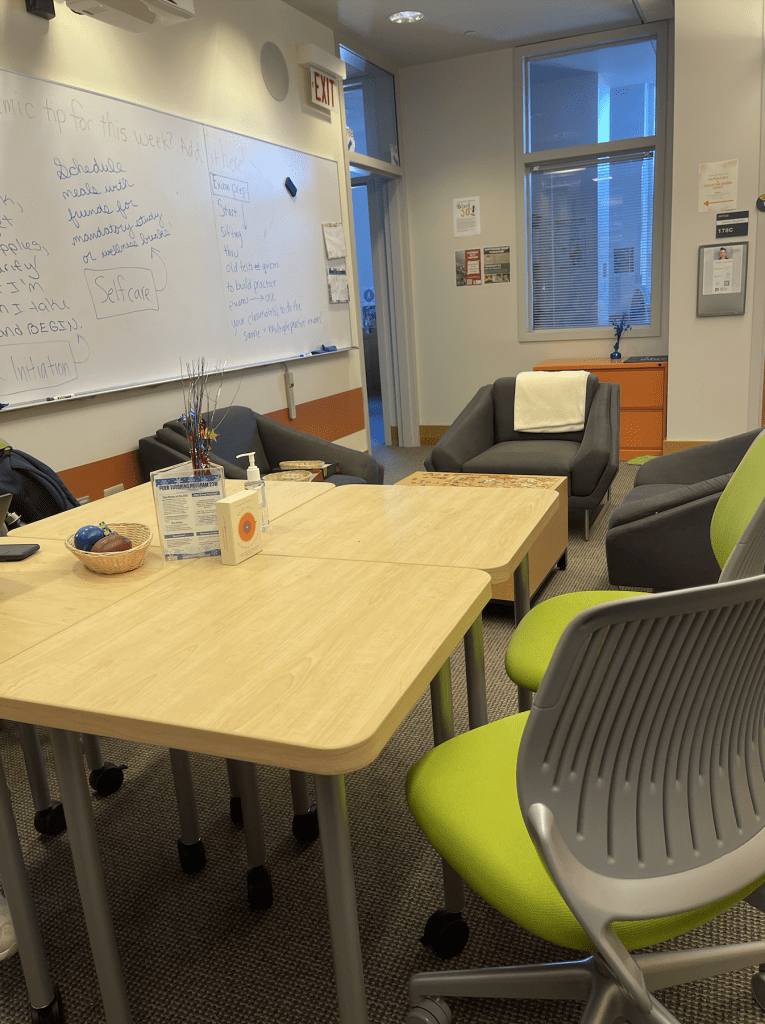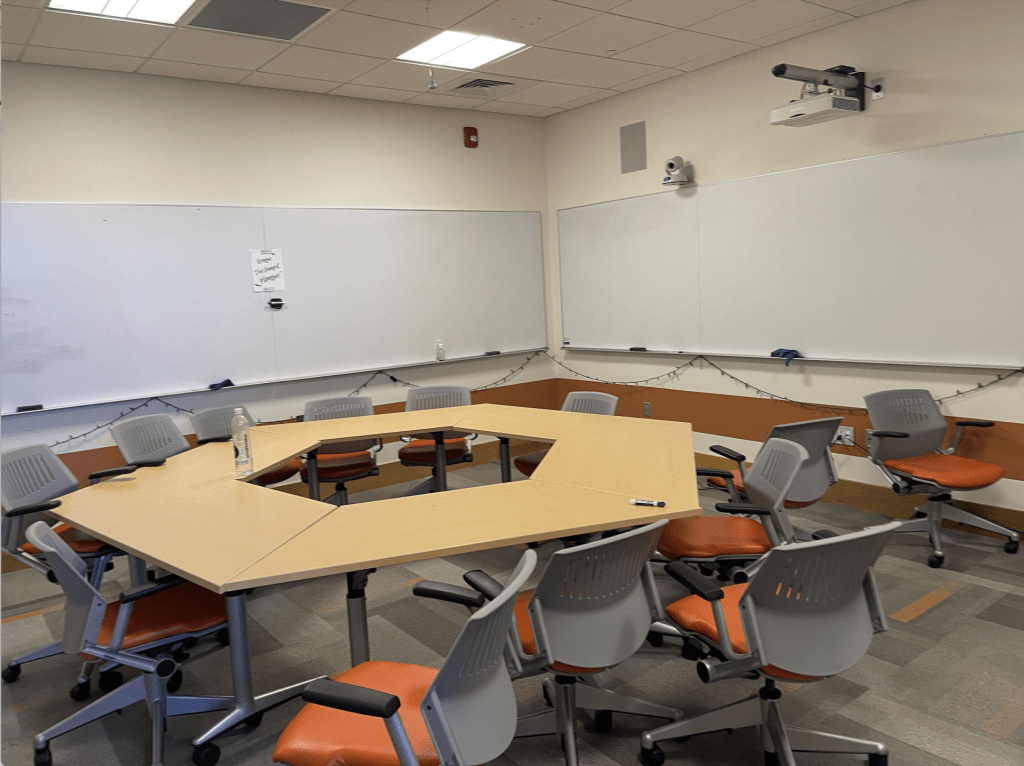Author: Mahrosh Gealani
We have discussed the disadvantages of pulling all-nighters. Now, let's talk about the hidden benefits of studying in the early morning.
Benefit 1: A Sense of Accomplishment Throughout the Day.
You feel super productive throughout the day! Starting your day with a delicious breakfast and a nice cup of coffee, all ready to tackle your assignments and meet those upcoming deadlines, is an awesome way to begin. It gives you a sense of accomplishment and gets you all set for the day ahead. Making a meaningful contribution early on really boosts your energy and sets you up for a fantastic day!
Benefit 2: You are encouraged to sleep earlier and build a good night routine.
To kickstart your day and breeze through your tasks, it's crucial to make a good night's sleep a priority. Start your evening routine with a cup of soothing chamomile tea and a relaxing stroll. These simple activities will help you wake up feeling energized and ready to conquer your to-do list. Also, try placing your alarm clock across the room before bed to resist the urge of using your phone late into the night. Remember, the more well-rested you are, the higher the chances of waking up early and having a fruitful day!
Benefit 3: You have an enhanced concentration.
Since you were able to have a great night's sleep, you won't be tackling your tasks while feeling tired. Early mornings give you the chance to approach your assignments with increased focus and fewer distractions, as there is nothing else you should be doing anyway!
Benefit 4: Early Morning Naturally Reduces Stress.
When we choose to study later in the day, we may sometimes feel a bit overwhelmed by the unread book or the upcoming paper that we haven't even started yet. However, if you take the opportunity to work on these tasks early in the morning, not only will you feel a great sense of achievement, but you will also enrich your entire day by being more fully engaged in the present moment. By tackling your tasks early on, you will find yourself experiencing less stress when it comes to finishing or even starting them later in the day.
Benefit 5: You are more likely to have a stronger memory retention.
Studying in the morning, instead of later in the day, is a great way to effectively engage with your work using a refreshed mind. When you are well-rested and not trying to start a task after a long day of classes, it greatly improves your chances of staying focused. With increased and clear focus, you are more likely to actively engage with the material and retain a much larger amount of information compared to studying with a tired mind.
We all have our own ways of making the most of our day. If you're finding it difficult to find time or energy to study, why not give early morning studying a shot? Make sure you prioritize getting enough sleep and set an early alarm to give it a try! 😊






